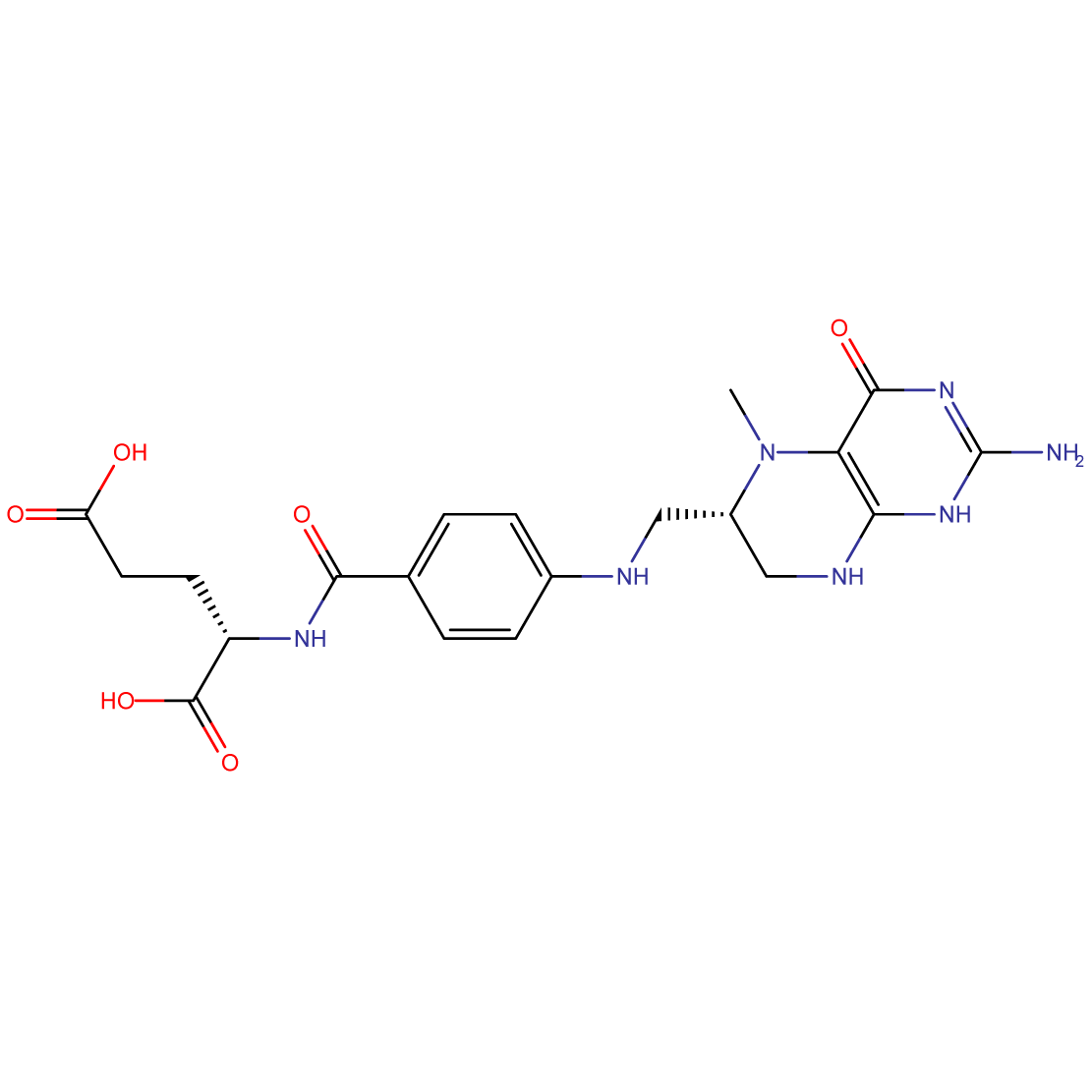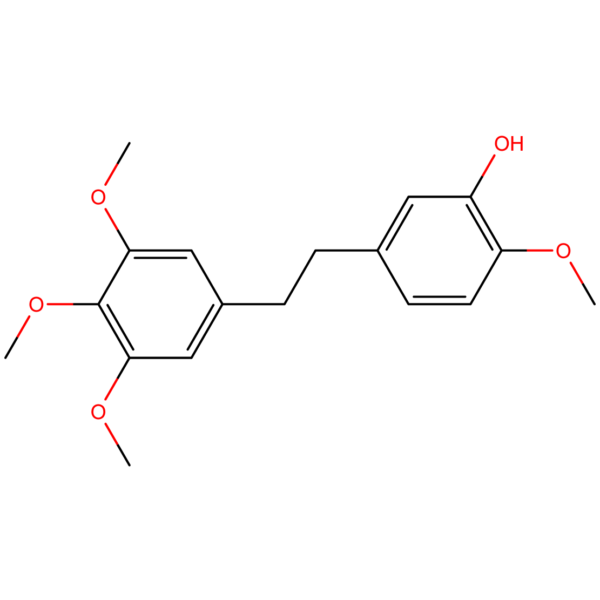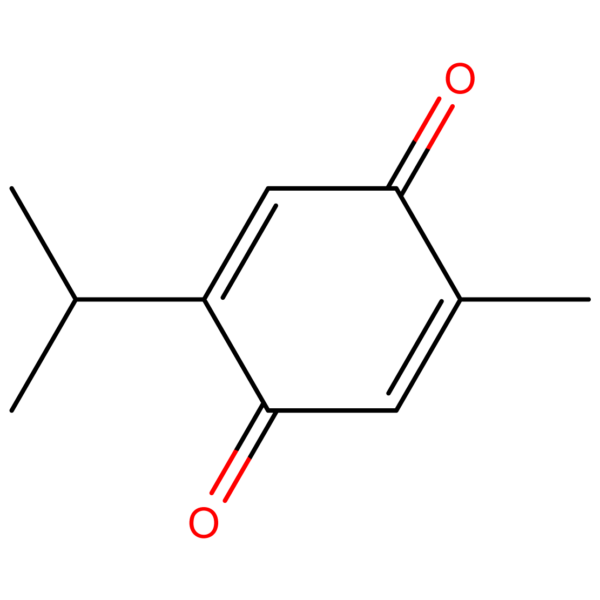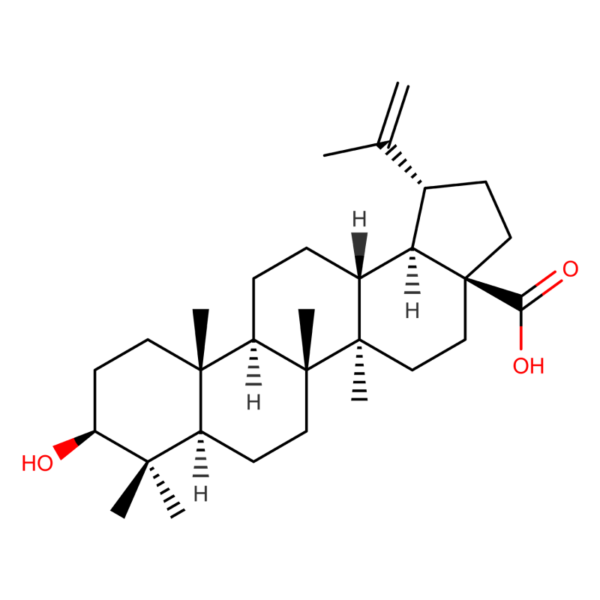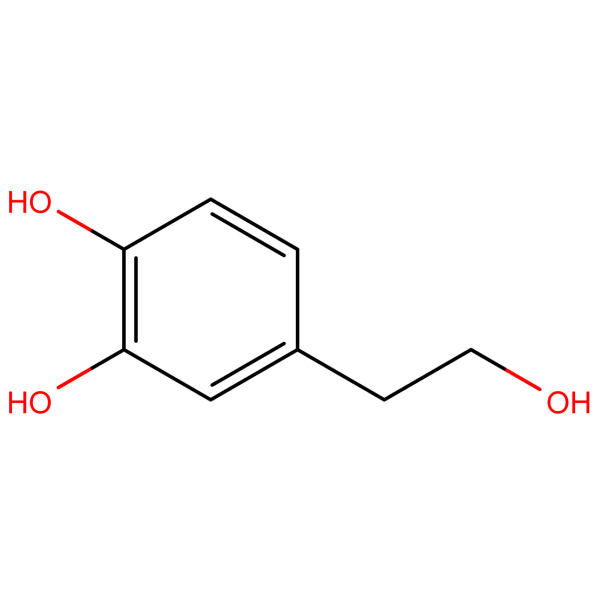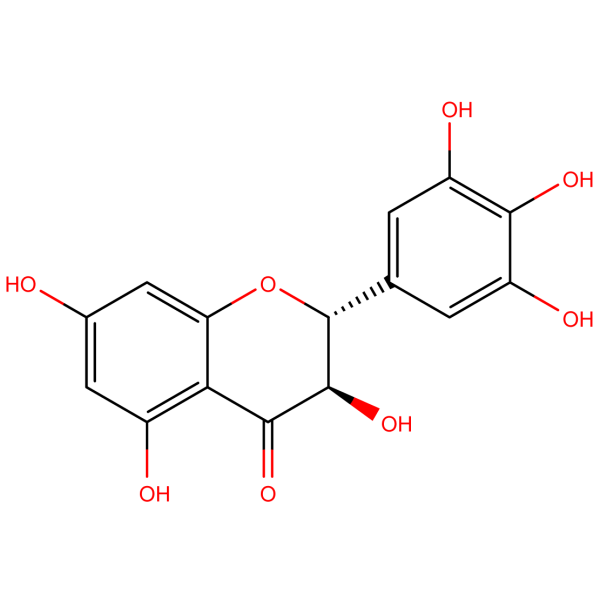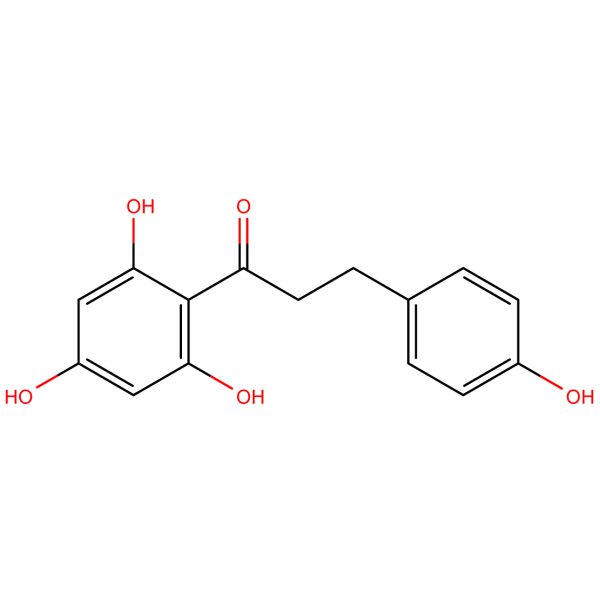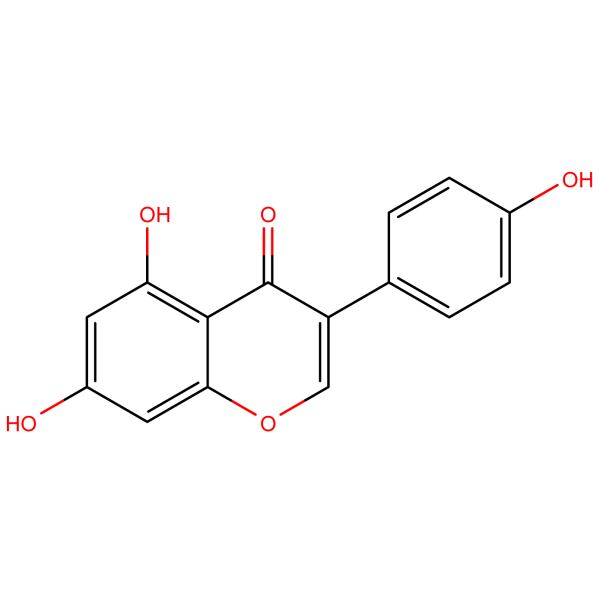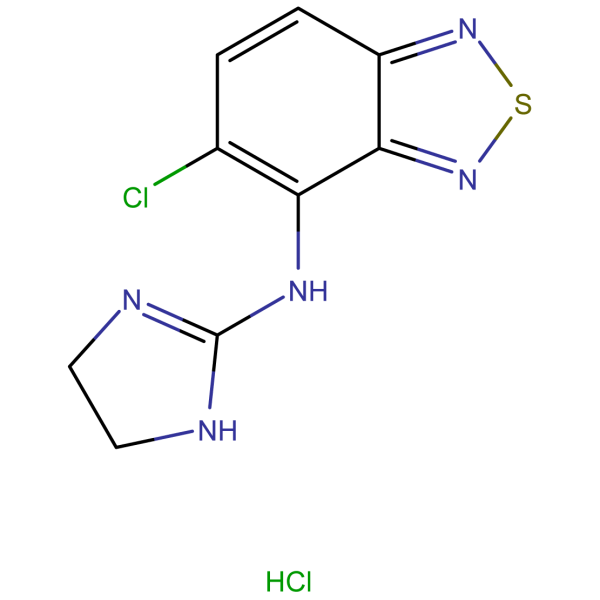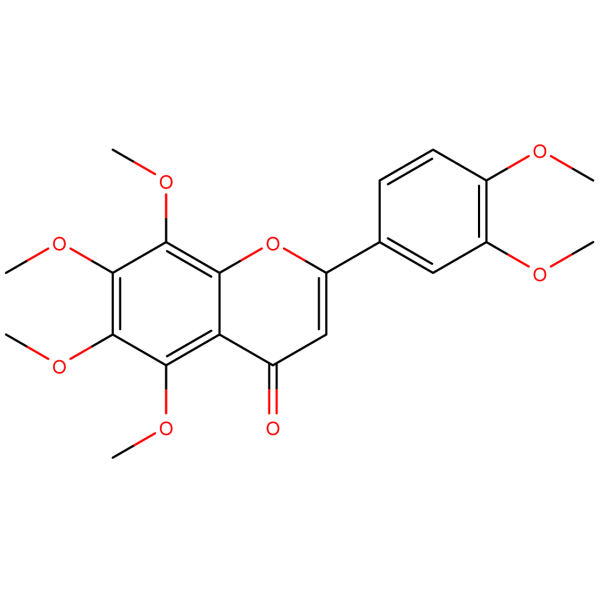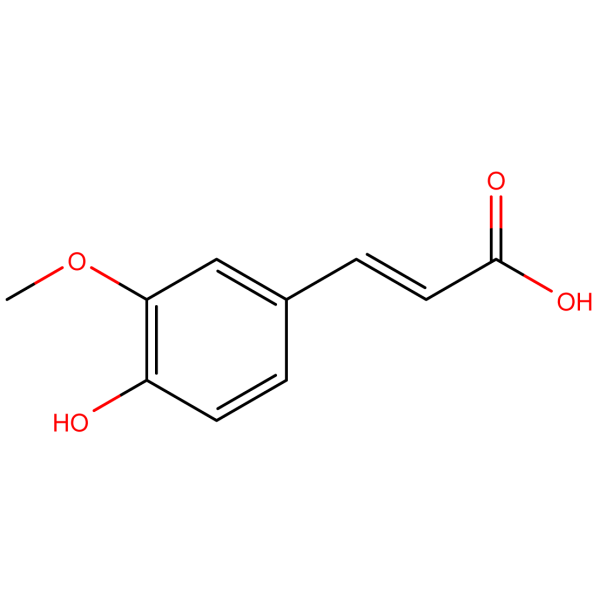Levomefolic Acid: Bioactive Folate for Advanced Nutritional and Biomedical Research
1. Molecular Identity
- Chemical Name: (6S)-5-methyltetrahydrofolic acid
- CAS Number: 31690-09-2
- Source: Synthetically produced, biologically active form of folate
2. Biochemical Significance
Levomefolic acid, also known as L-methylfolate or 5-MTHF, is the biologically active form of folate. Its unique structure allows direct entry into the folate cycle, bypassing several metabolic steps required for synthetic folic acid. This property makes it a compound of significant interest in nutritional science, metabolic research, and potential therapeutic applications.
3. Key Properties
- Bioavailability: Highly bioavailable form of folate
- Metabolic Efficiency: Directly usable in the folate cycle without conversion
- Methylation Support: Crucial for methylation processes in the body
- Neurotransmitter Synthesis: Involved in the production of neurotransmitters
4. Potential Research Applications
- Nutritional supplementation studies
- Methylation and epigenetic research
- Neurological and psychiatric disorder investigations
- Cardiovascular health studies
5. Current Research Focus
Ongoing studies are investigating Levomefolic acid’s effects on:
- Depression and mood disorders
- Cognitive function and neuroprotection
- Cardiovascular disease risk factors
- Pregnancy outcomes and fetal development
6. Formulation Challenges and Innovations
Researchers are actively working on:
- Enhancing stability in various supplement formulations
- Developing novel delivery systems for improved absorption
- Creating synergistic combinations with other nutrients
7. Regulatory Considerations
Levomefolic acid (CAS 31690-09-2) is recognized as a dietary ingredient in many countries. Its use in specific therapeutic applications may require additional regulatory approval depending on the jurisdiction and intended use.
8. Future Research Directions
The scientific community anticipates:
- Advanced clinical trials for neuropsychiatric indications
- Exploration of its role in personalized nutrition
- Investigation of potential interactions with genetic polymorphisms
9. Collaborative Opportunities
We invite nutritional scientists, neuroscientists, pharmaceutical researchers, and academic institutions to explore the research potential of Levomefolic acid. For inquiries, collaborations, or to discuss how Levomefolic acid can benefit your research projects, please contact us at sales@nstchemicals.com.
Join us in advancing nutritional and biomedical research with Levomefolic acid – a key player in folate metabolism and potential therapeutic interventions.

